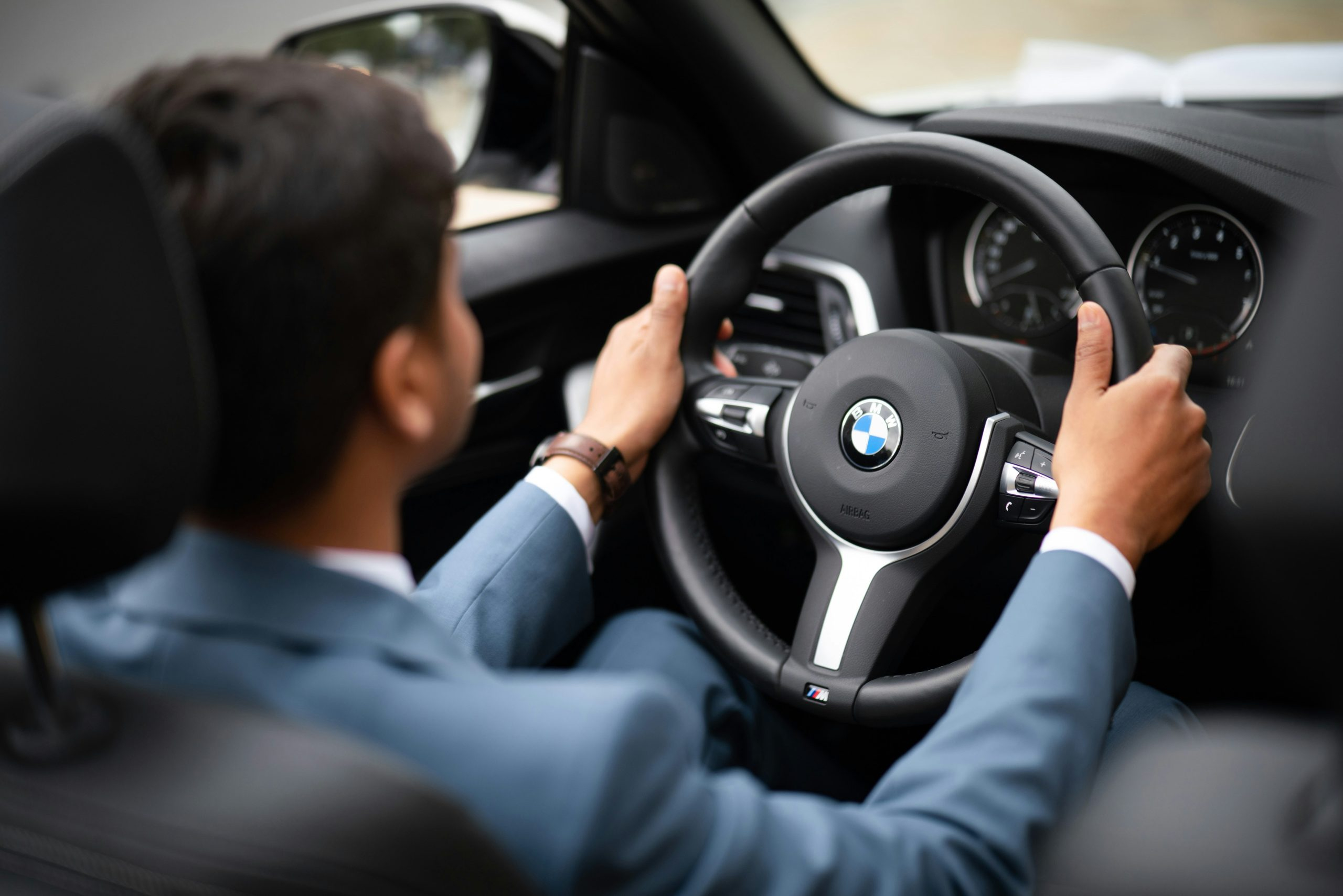Motoring Laws Evolve for Autonomous Vehicles
In the ever-evolving world of technology, one of the most exciting developments in recent years has been the rise of autonomous vehicles. These cars, which are capable of driving themselves without the need for human intervention, have the potential to revolutionize the way we think about transportation. However, with this advancement comes a new set of challenges, one of which is the need to adapt existing motoring laws to accommodate these new vehicles. In this article, we will take a closer look at how motoring laws are evolving to keep up with the rise of autonomous vehicles.
The Current State of Motoring Laws
Before we delve into how motoring laws are changing, let’s first take a look at the current state of affairs. In most countries, motoring laws are based on the assumption that a human driver is responsible for operating the vehicle. This means that the driver is legally liable for any accidents or incidents that occur while they are behind the wheel. In addition, existing laws also require drivers to be in control of the vehicle, meaning that they must be able to make quick decisions and take appropriate action in case of an emergency.
However, with the rise of autonomous vehicles, these laws are no longer applicable in the same way. Since these cars are designed to operate without human intervention, it raises questions about who should be held responsible in case of an accident. Should it be the manufacturer of the car? The software developer? The owner of the vehicle? These are all questions that need to be addressed as we move towards a world where autonomous vehicles are the norm.
The Need for New Legislation
In order to fully embrace the potential of autonomous vehicles, it is clear that new legislation is needed. Traditional motoring laws simply do not account for the unique characteristics of these vehicles and the level of autonomy that they possess. As such, governments around the world are working towards implementing new laws that will regulate the use of autonomous vehicles on public roads.
One of the key issues that need to be addressed is determining who is liable in case of an accident involving an autonomous vehicle. Some argue that the responsibility should fall on the manufacturer or developer, who are responsible for the design and programming of the vehicle. Others believe that the owner of the car should be held responsible, as they are the ones who have ultimate control over the vehicle. Whatever the outcome may be, it is clear that new legislation is necessary in order to determine liability and ensure that all parties are held accountable in case of an accident.
Challenges and Considerations
Ethical Considerations
One of the biggest challenges facing the development of new motoring laws for autonomous vehicles is the ethical considerations that come into play. Unlike human drivers, these cars are not capable of making moral judgments in the event of an accident. For example, if an autonomous car is faced with a situation where it must choose between crashing into a pedestrian or a barrier, how does it determine the best course of action? These are complex questions that need to be addressed in order to ensure the safety of both passengers and pedestrians.
Data Privacy
Another issue that needs to be taken into account is data privacy. Since autonomous cars are equipped with a variety of sensors and cameras, they are constantly collecting data on everything happening both inside and outside the vehicle. This raises concerns about how this data will be used and who will have access to it. As such, new legislation must be put in place to protect the privacy of individuals who are using autonomous vehicles.
The Future of Motoring Laws
As the technology behind autonomous vehicles continues to advance and become more widespread, it is inevitable that motoring laws will continue to evolve to keep pace with these changes. While there are certainly challenges and complexities that need to be addressed, the future is bright for self-driving cars. With the proper legislation in place, we can ensure the safe and responsible use of autonomous vehicles on our roads, leading to a more efficient and safer transportation system for all.
Conclusion
The advent of autonomous vehicles is a truly exciting development in the world of technology. However, with this excitement comes the need for new and updated motoring laws to ensure the safe and responsible use of these vehicles. Governments around the world are working towards implementing legislation that will allow for the widespread adoption of autonomous cars, while also addressing concerns such as liability and ethical considerations. As we move towards a future where autonomous vehicles are the norm, it is imperative that we continue to adapt and evolve our laws to keep up with this ever-changing technology.










